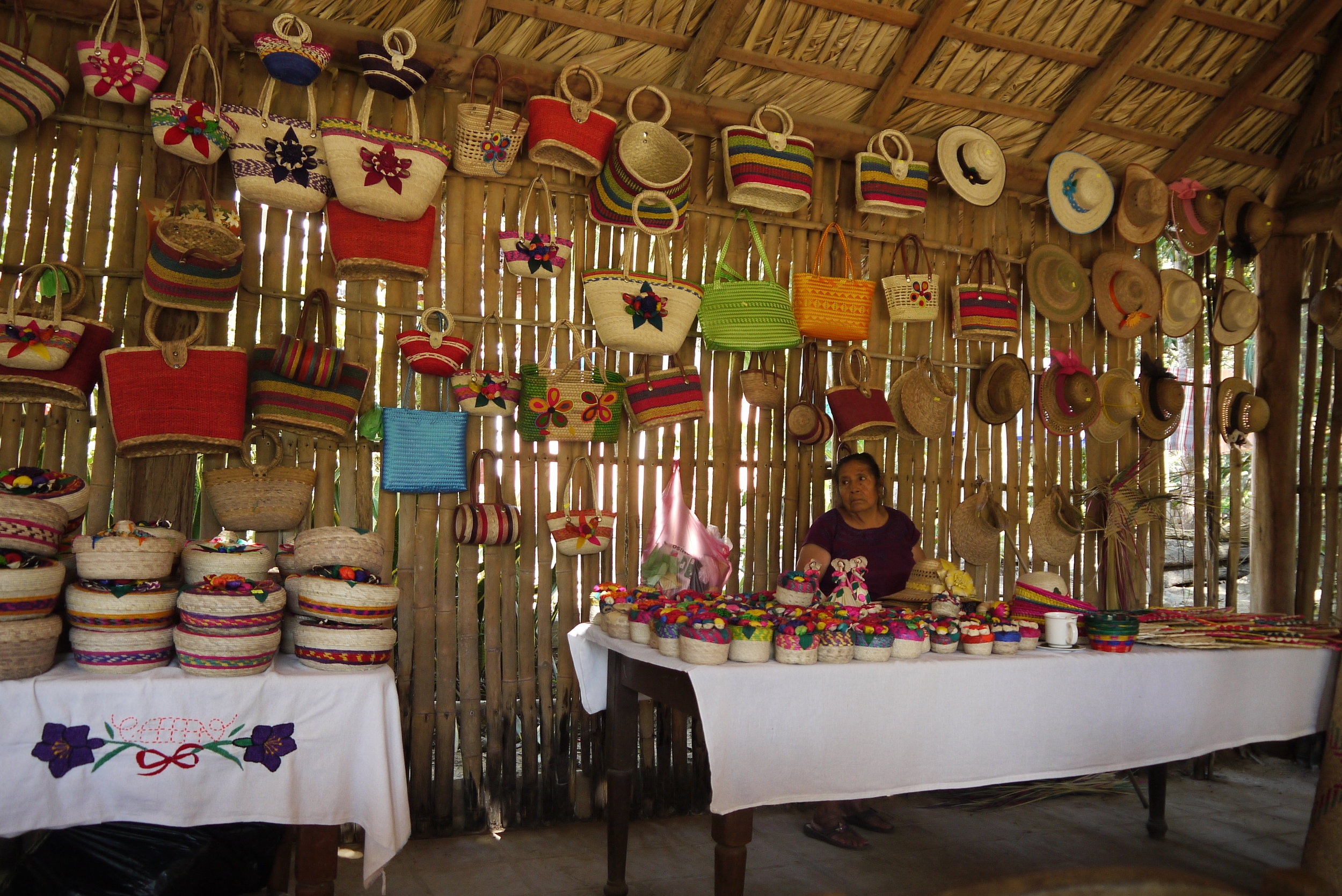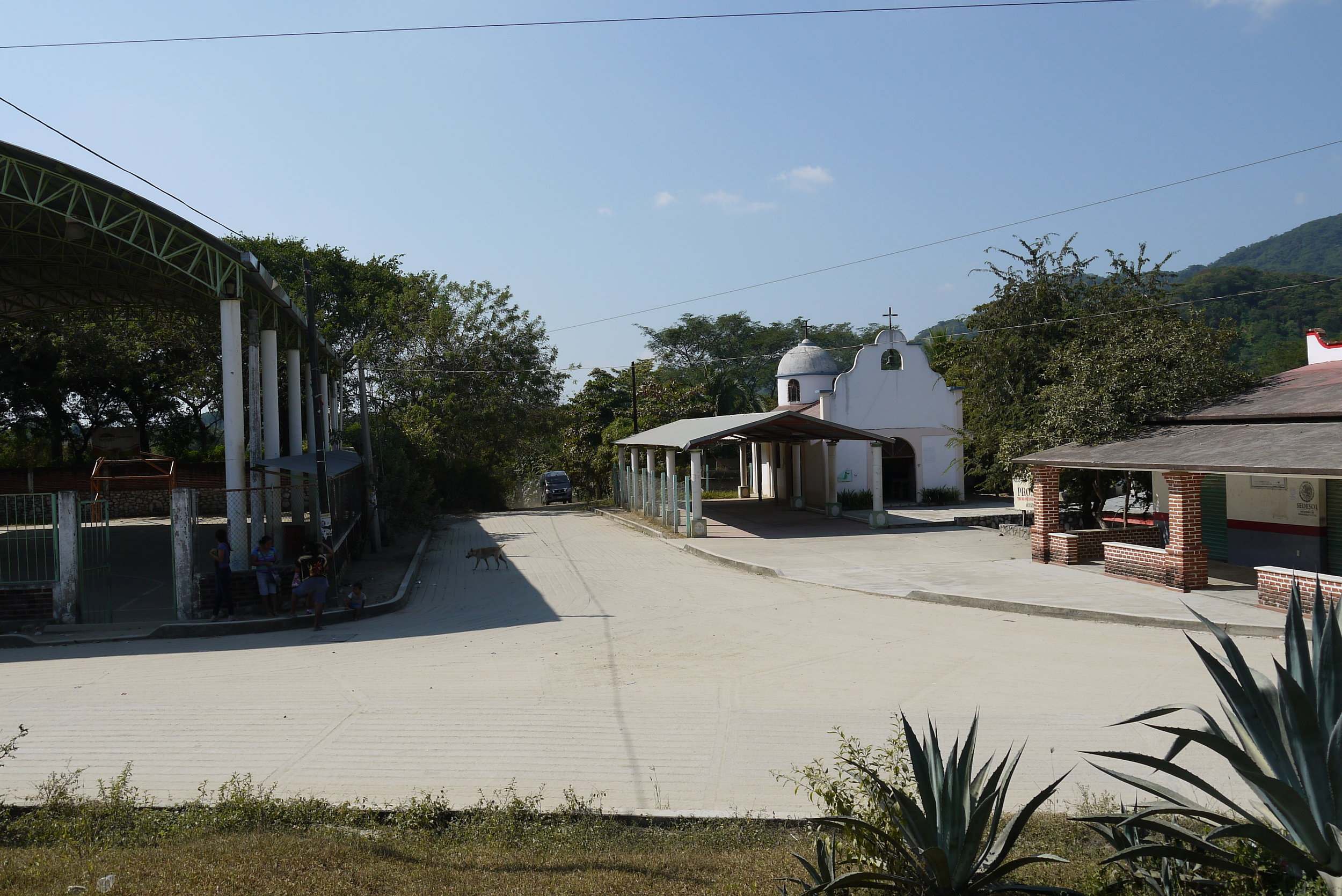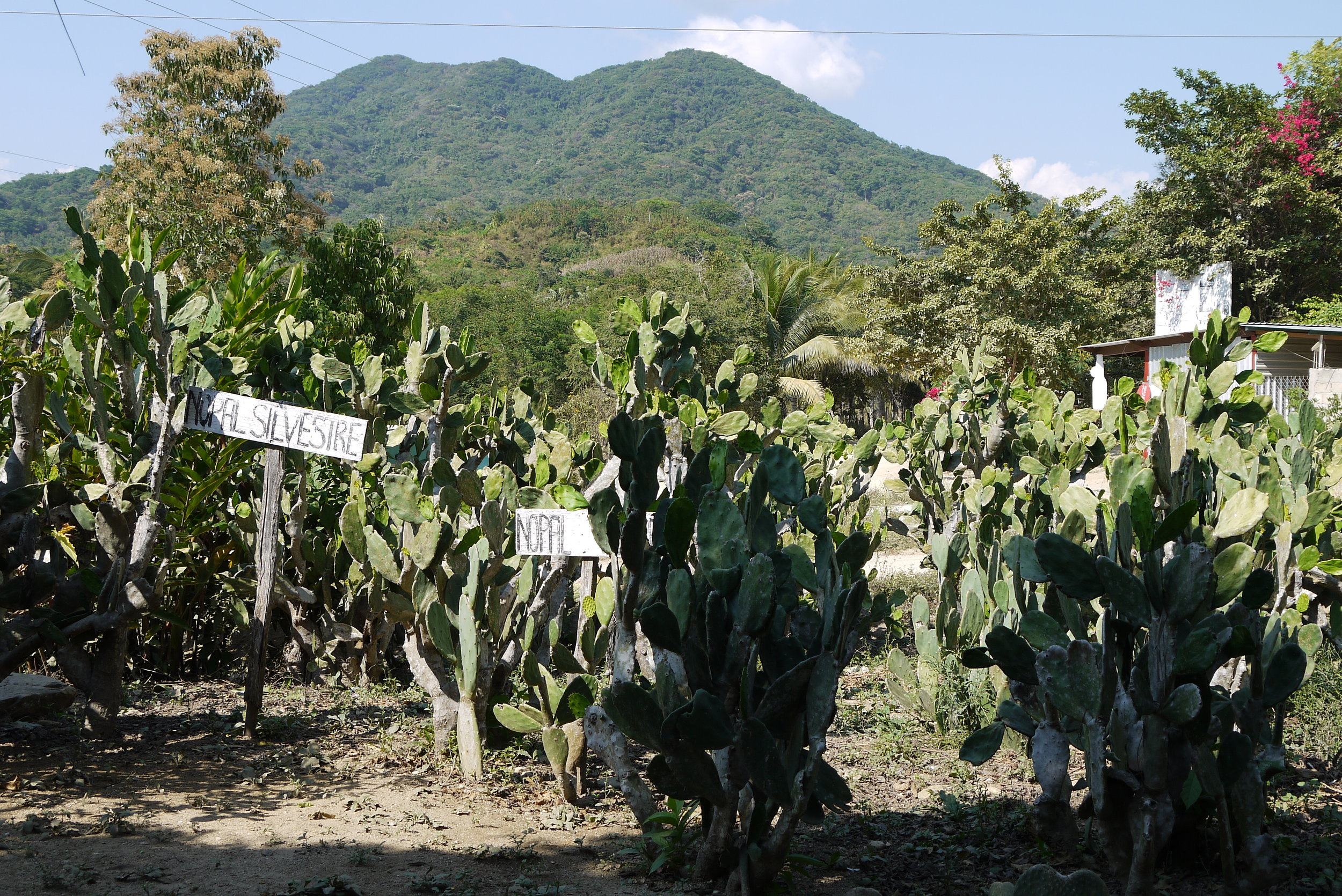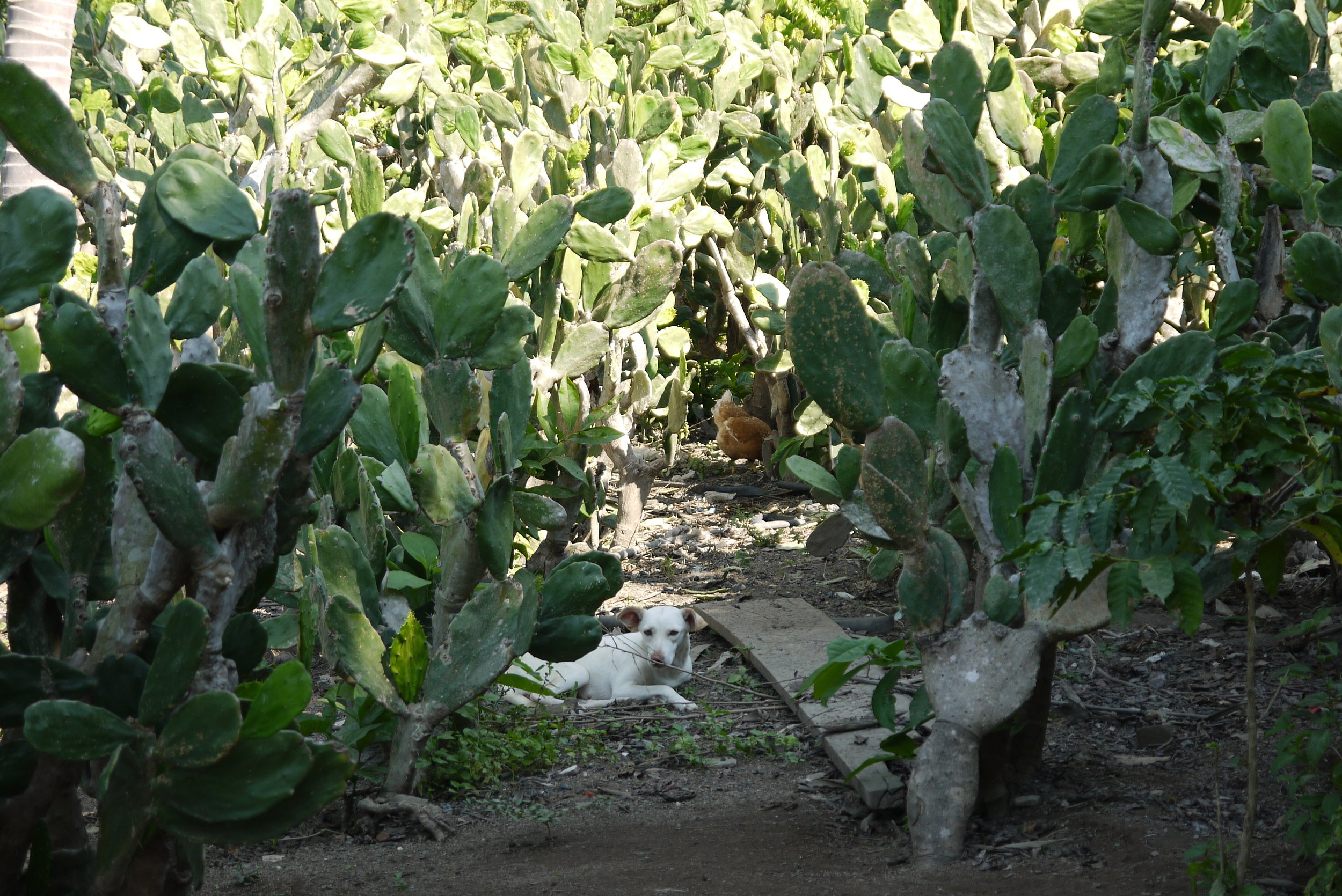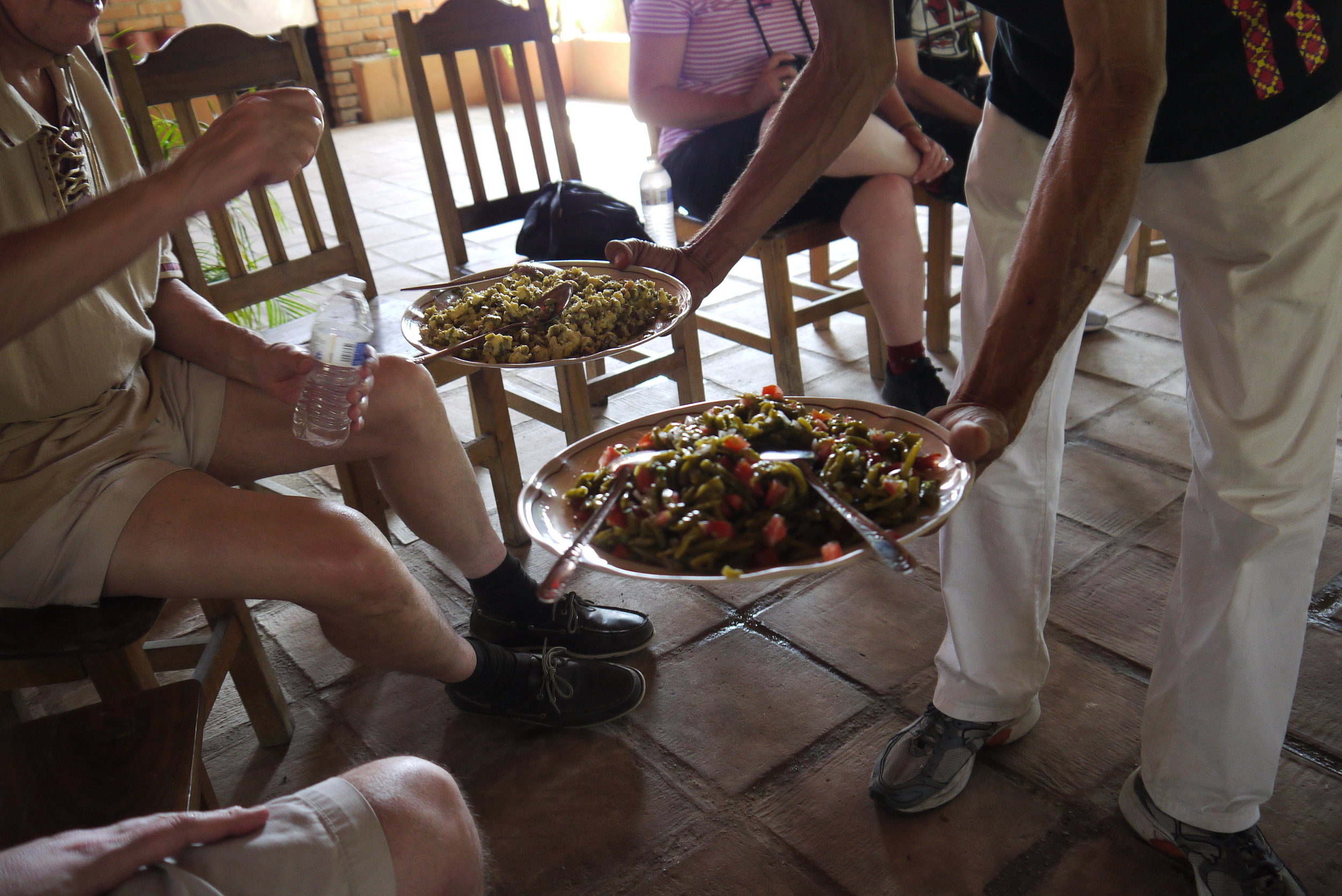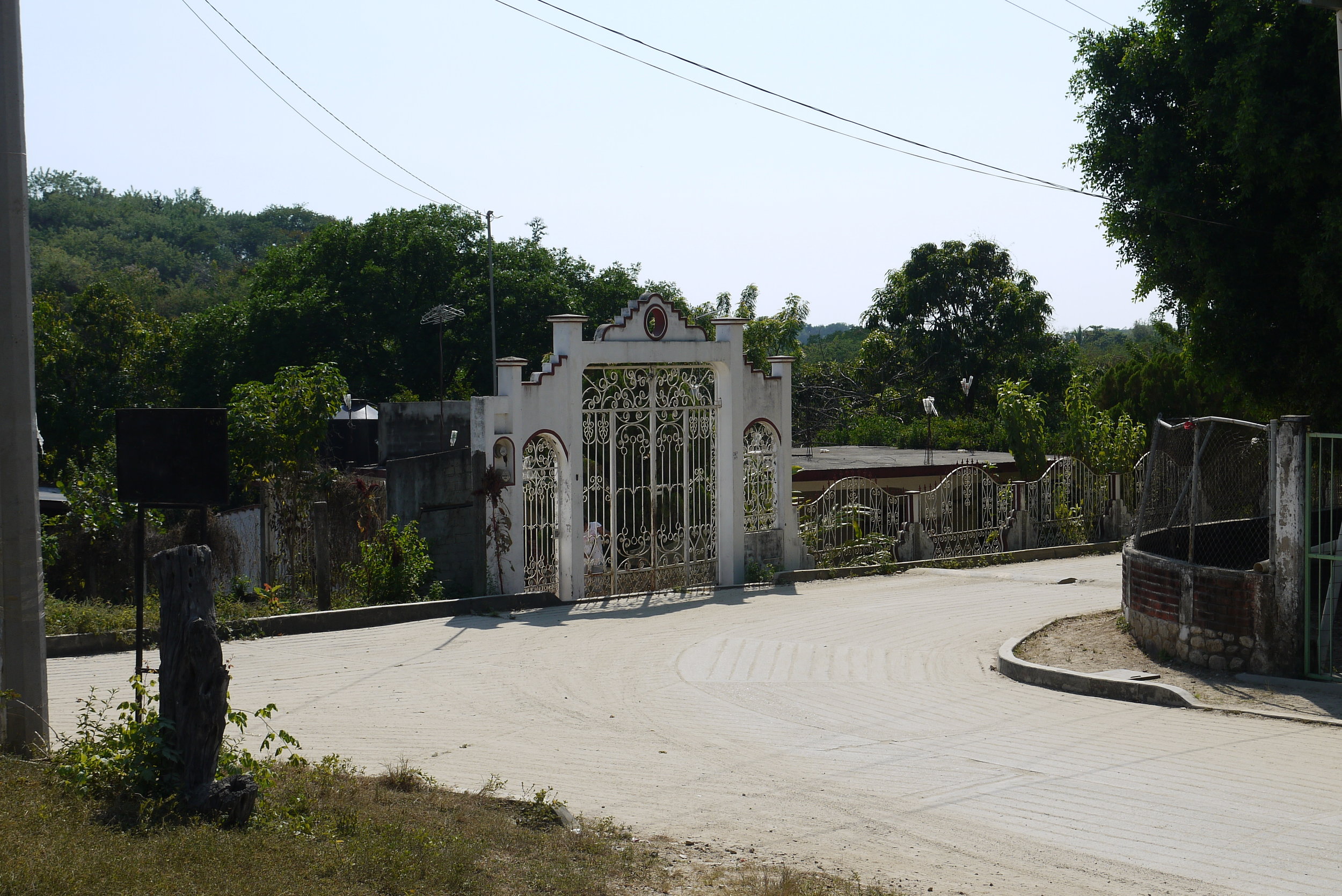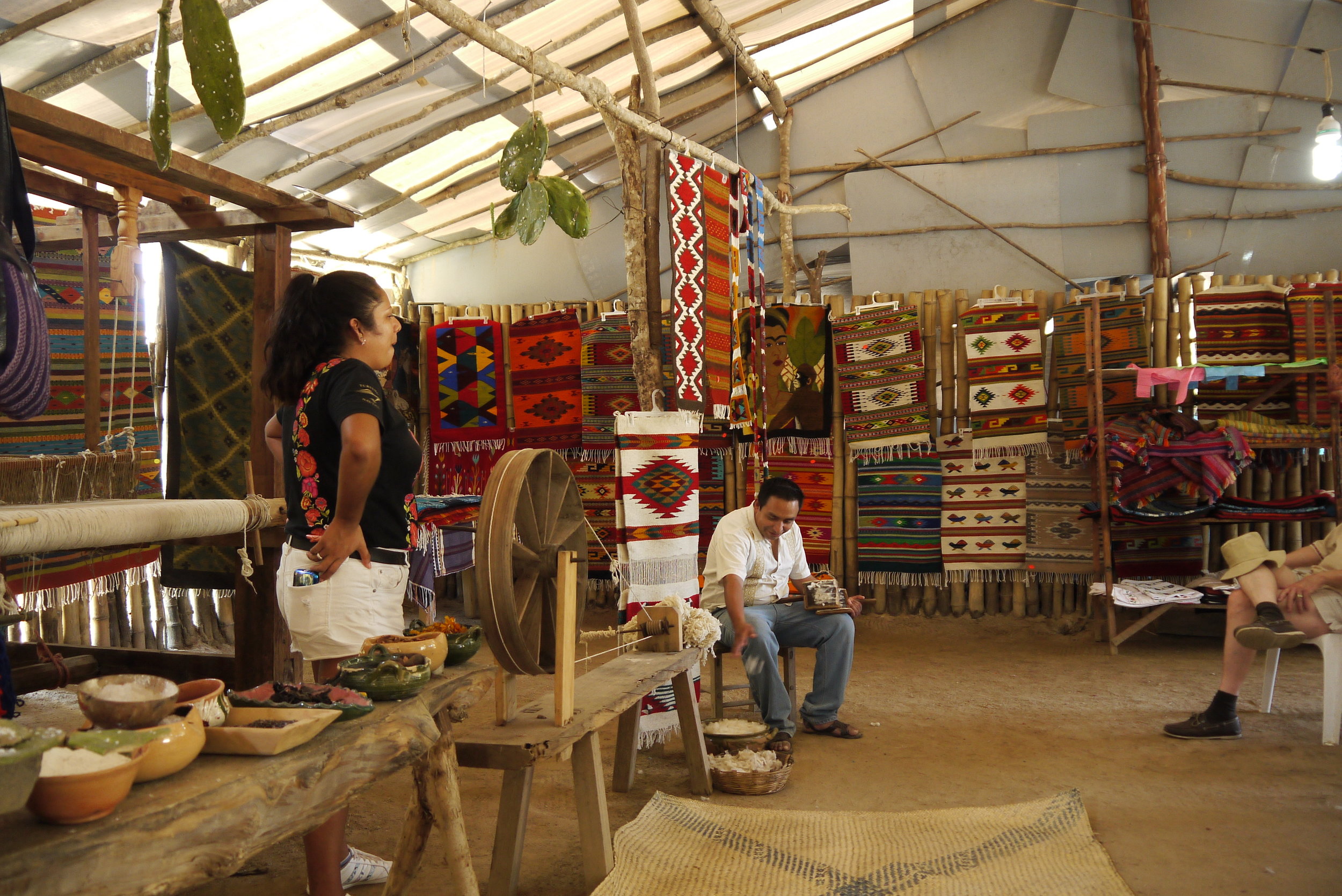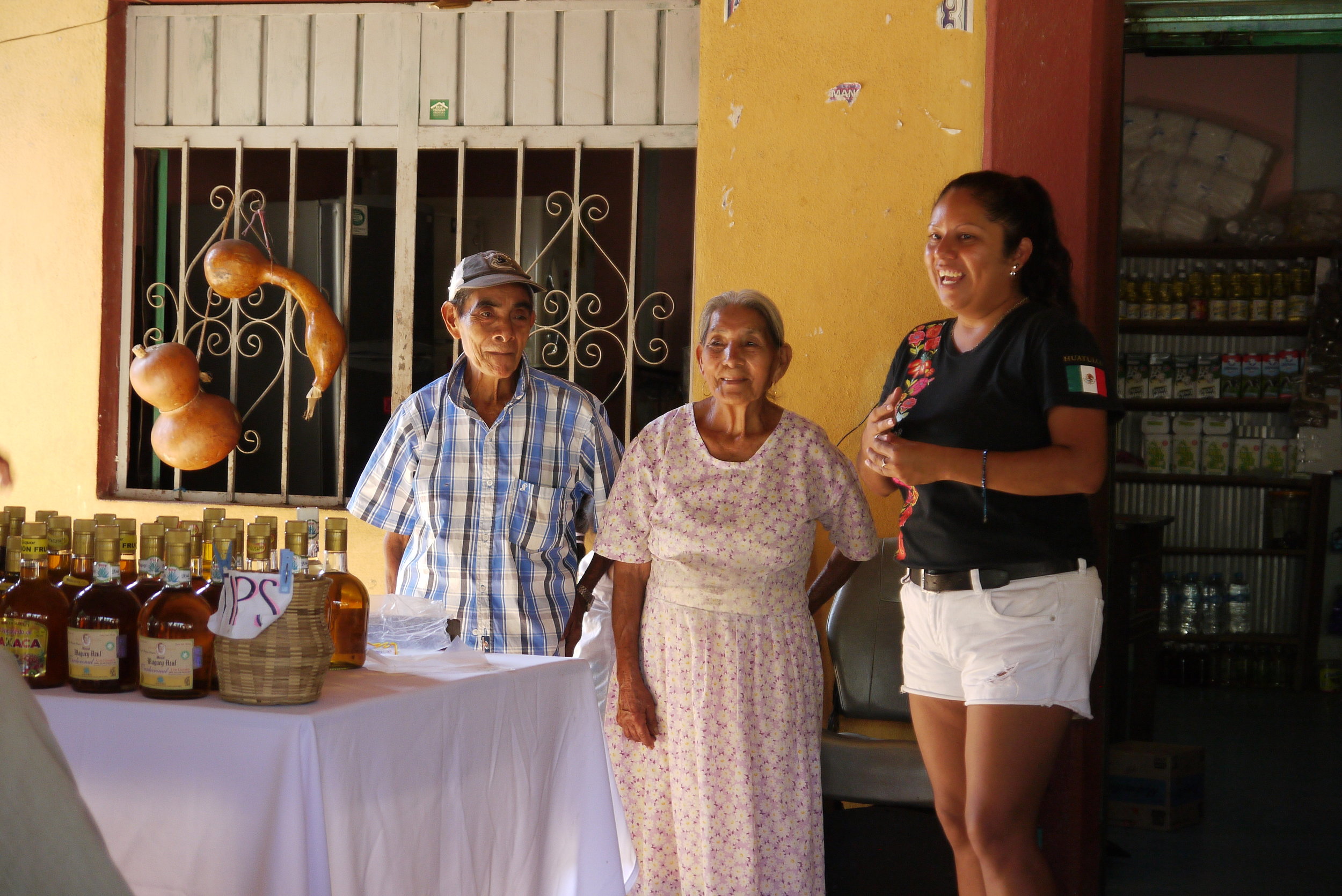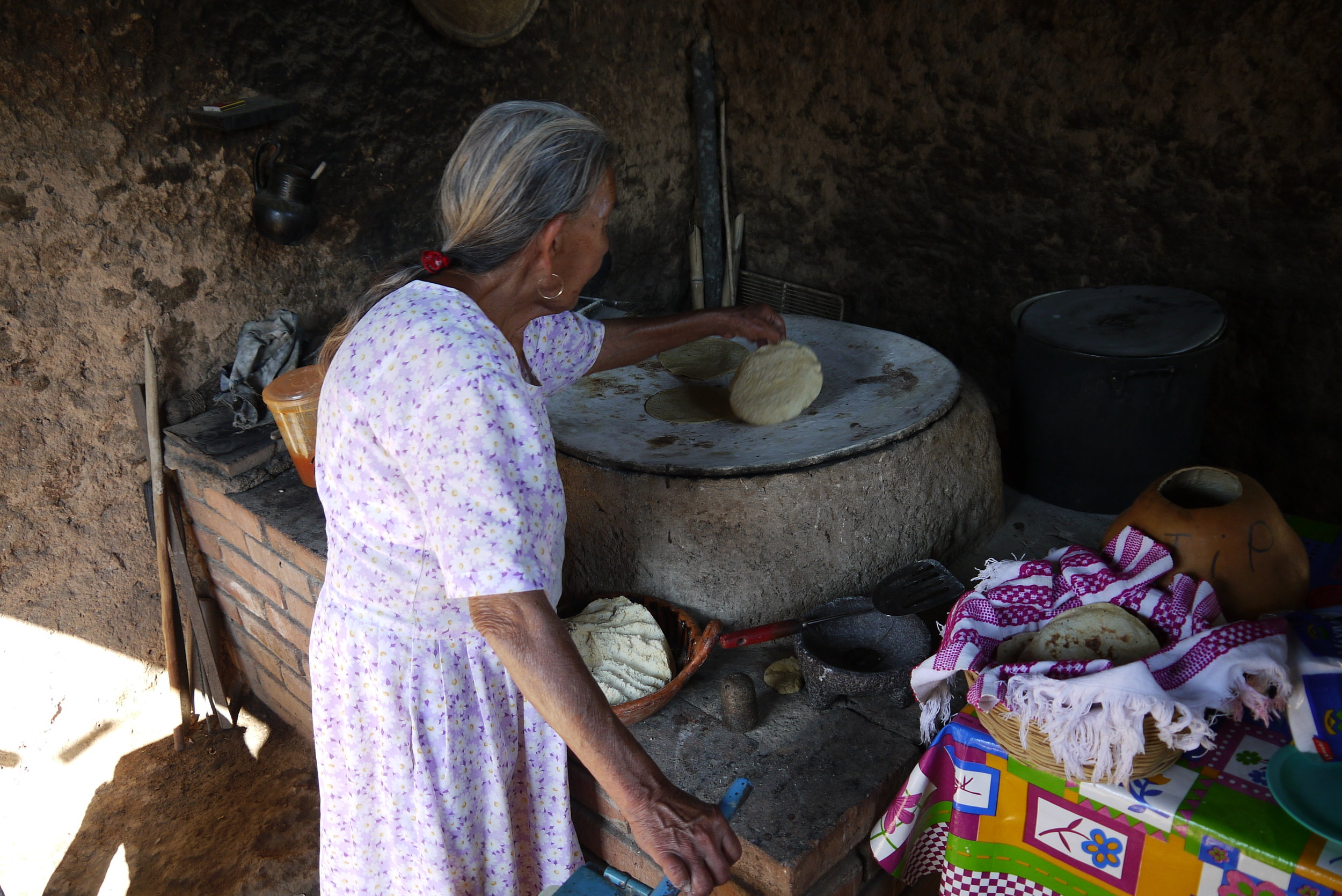how to help after a disaster

At Huckleberry Travel, are really passionate about the transformative power of travel and tourism. Some of the most incredible experiences we've had while traveling have been while engaging with local people and communities. It's one of the reasons that we created our Huckleberry Travel Gives Back initiative.
Unfortunately, when disaster strikes, some of those same people and communities can be facing a difficult recovery effort as they try to rebuild from hurricanes, earthquakes, fires, or other devastation. We were reminded of that this week when we learned of the 7.2 magnitude earthquake that hit Oaxaca, Mexico--a region that we visited just a couple of months ago.
We spent a day touring rural communities in Oaxaca. We met local craftspeople who made colorful woven reed mats, baskets and souvenirs. Another craftsman demonstrated how he created beautiful handwoven rugs on a loom that had been passed down in his family for three generations. We went to a cactus farm and sampled different varieties of cactus in a variety of preparations. We learned about local herbal remedies by visiting a medicinal herb garden. And a local woman taught us how to make tortillas and tamales in her home kitchen. It was a really meaningful and fun day, and we felt like our horizons had been expanded by having those experiences.
But now, with the knowledge that those communities were very close to the epicenter of a major earthquake, we're wondering what they'll be dealing with going forward. Will they need to rebuild and who will help them?
We all have the opportunity to change the world for the better when we travel. And we're passionate about driving that change by giving back. We've recently been certified as a Good Travels Advisor, by completing a program sponsored by many of our preferred travel providers, in partnership with Tourism Cares.
So, in the aftermath of a natural disaster, how can you help these communities through travel and tourism? Here are five things to think about as you look for ways to assist.
1. Go there.
When the time is right (and safe), travelers can do what they do best — go to and promote the affected destination. Put your travel dollars to work! Paying customers are vital to local families and businesses as they try to restore their livelihoods. The most meaningful time to visit is after the relief phase has ended, but in the first year after an event. For example, in the case of Nepal in 2015-16, not only could you avail yourself of all Nepal's usual wonders and renowned hospitality, you could experience, and even participate in, the inspirational recovery itself.
2. Support immediate relief efforts but consider long-term needs and opportunities, too.
In the hours and days following a disaster, rescue personnel and local communities need to act quickly to minimize loss of life and provide food and shelter. The relief phase often gets the most support, but the needs during a recovery often last much, much longer. Consider supporting organizations that focus on the recovery phase, which is often harder, underfunded and has greater potential for change. Even save some of your dedicated funds for giving and set a time six months later to see how the needs have changed.
3. Think about helping to change the lives of those most disadvantaged.
"Build back better" can be a giving goal, and within any crisis, there are opportunities. New resources are available for places and people that may have historically had very little. It's really possible to reach those who have been most disadvantaged -- those who had so very little before the crisis -- and seize the opportunity to make meaningful change in their lives
4. Think about local charities and efforts as well as the big guys.
Engaging local stakeholders is vital for continued recovery: it's their homes they're working to rebuild and they know their complex circumstances the best. There are very effective local organizations that can also be trusted with your donation. Look into helping local charities or volunteering for local initiatives.
5: "Give stuff" only when and if it makes sense.
It is hard for people not to want to do more, like collecting donations such as blankets, clothes and food. These in-kind donations are generous gestures but are often not a good idea for international relief. Transportation and distribution of in-kind items are expensive and time-consuming. Instead, it may be better to, say, organize a community garage sale and use the proceeds to support the groups working on the ground. Also, allowing nonprofits to purchase items from local or regional businesses boosts the economy and aids rebuilding efforts.
If you're interested in how you can use your tourism dollar to support local communities, or you're thinking of planning a voluntourism vacation, we're ready, willing and able to help you help others. Just let us know!
Want to take an incredible trip? Huckleberry Travel can put together the trip of a lifetime that includes tons of unique experiences you might otherwise miss. Contact us for more information about our travel consultation services.
